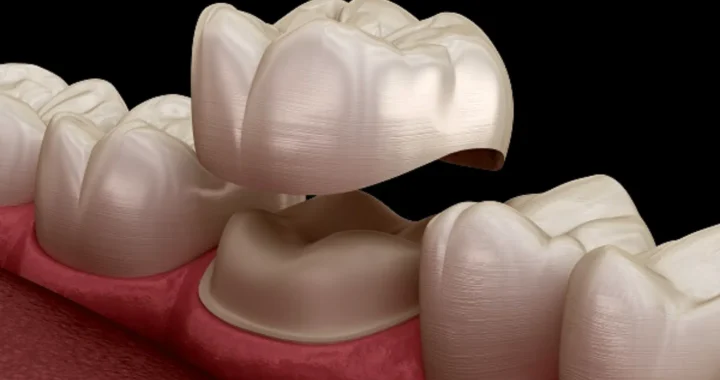How to Improve Your Accuracy as a Medical Coder

If you are a medical coder at medical coding companies, you will already know how important it is to be accurate with your coding. After all, if you make mistakes, it could have serious implications for your employer. If coding is inaccurate, the insurance company could delay a payment, only pay a part of it, or refuse to pay it completely, leaving the medical facility with a loss of revenue.
Inaccurate coding can also have an impact on the patient. If you coded their diagnosis incorrectly, it could leave incorrect information on their file and affect the type of care they receive.
If you want to become the best medical coder you can be, there are things that you can do to improve your accuracy. Below are a few suggestions to this end.
Familiarize Yourself with Medical Terminology
This is an obvious one and was probably a requirement when you applied for the job. However, if you scraped a pass in your program of study, it would be worth taking some extra lessons in your spare time. Having more than a basic understanding of medical terminology will help you massively when it comes to doing your job properly.
Medical terminology is the language used by health professionals. If you want to be able to communicate with them effectively, you absolutely need to be able to decipher these terms. In addition to the terminology used, you will need to know the abbreviations that medical professionals use for many of them.
It can be difficult to get to grips with the medical terms used in the beginning but with time and a bit of study, you will soon realize that most words used derive from Latin and Greek words. Knowing this can make terminology easier to understand.
If you can break the word into the different word parts, you might find it easier to get to grips with the medical language. For example, you will soon realize that a lot of diseases end in ‘itis’, such as tonsilitis, cellulitis, and bronchitis. In medical terms, ‘itis’ means inflammation, so tonsilitis would mean inflammation of the tonsils, and so on.
Ask Questions
If you are unsure about anything, ask a colleague for advice. Speak to a supervisor or another coder who has more experience than you. Never just wing it and hope for the best. Remember, accurate coding is critical in the medical industry.
You should also query patient files with the person who filled it in if you believe that something is not right. Physicians are very busy people, and they may omit information from time to time. This sometimes happens because they do not realize the amount of detail required by the coder. It is your job to make sure all the necessary information is present and coded correctly.
Learn the Makeup of Codes
The experts at Find-A-Code.com say that even with their online database of medical billing codes, it is a good idea for coders to learn how the various codes are made up. For example, ICD 11 diagnosis codes always have a letter in the second position and the first position can be either a number or a letter. According to WHO (World Health Organization), these codes are alphanumeric and range from 1A00.00 to ZZ9Z.ZZ.
CPT codes, on the other hand, contain five characters. The code will be made up of either five digits or four digits and one letter.
It is important that medical coders know what the different codes should look like as this will make it easier for them to do the job accurately.


 Dental Crowns –Restoring Strength, Function, And Aesthetics.
Dental Crowns –Restoring Strength, Function, And Aesthetics.  One-Person Wonder: Making Waves in the Massage Industry in Gunma
One-Person Wonder: Making Waves in the Massage Industry in Gunma  How Cataract Surgery in Nashville Improves Vision and Quality of Life
How Cataract Surgery in Nashville Improves Vision and Quality of Life  Maintaining Oral Health: The Role of Dentists in Richmond
Maintaining Oral Health: The Role of Dentists in Richmond  How to Choose the Best Implant Dentist in Sheffield: A Guide
How to Choose the Best Implant Dentist in Sheffield: A Guide  How Invisalign is Revolutionising Orthodontics in London
How Invisalign is Revolutionising Orthodontics in London  Veneers: A Popular Cosmetic Solution for a Beautiful Smile in London
Veneers: A Popular Cosmetic Solution for a Beautiful Smile in London